So, how should they be used? And for what exactly? I will try to answer these questions now.
Masteron and Proviron: What do they have in common?
Drostanolone and mesterolone indeed have a lot in common. They are, if not twins, then "blood brothers": both are derivatives of dihydrotestosterone (DHT).
Even their chemical formulas are practically identical: 1-methyl-dihydrotestosterone in mesterolone and 2-methyl-dihydrotestosterone in drostanolone. Hence, both drugs have a pronounced anti-estrogenic activity, meaning they can help the body shed excess water.
This property is why both Masteron and Proviron are actively used in the preparation for bodybuilding competitions and related disciplines.
By the way, I must mention a common misconception. I have heard that right before competitions (again, I mean bodybuilding tournaments), it is advised to stop taking any hormonal drugs - all of them, supposedly, retain water.
In the case of most hormonal drugs - even growth hormone - this is true (although water retention is not always bad, as muscles need water to look voluminous).
But there are drugs that not only do not retain water but also help eliminate it from the body. Drostanolone and mesterolone are among them.
If we continue talking about the common properties of these drugs, they can also be noted for their ability to increase libido - after all, both are quite strong androgens. That's where the commonalities end, and the differences begin.
What's the difference?
"Proviron" is an oral drug, "Masteron" is injectable, available on the market in the form of oil solutions of esters - propionate or enanthate. This distinction mainly determines their different actions.
Mesterolone, like its "parent" - dihydrotestosterone - has a high affinity for the enzyme 3α-hydroxysteroid dehydrogenase (3α-HSD). As a result of interaction with this enzyme, mesterolone becomes a weaker substance - in terms of affinity for androgen receptors.
Drostanolone interacts with the enzyme 3α-HSD much less, therefore, its molecule's affinity for androgen receptors is significantly higher than that of mesterolone's molecule. However, everyone who has ever used both can attest to this.
Action of the drugs
"Proviron" does not affect muscle growth at all, while "Masteron" allows for weak but noticeable muscle tissue growth.
When using drostanolone, there is no (or almost no) drop in strength.
The fact is that this androgen, in addition to its mentioned effect on muscle tissue, allows the central nervous system to recover much faster after exertion. Basically, using this drug, you will hardly lose training intensity even on a strict diet.
However, "Proviron" has an obvious advantage over "Masteron" (which stems from its weakness): at a dosage of up to 100 mg per day, it does not suppress the body's own testosterone production at all. Whereas in the case of using drostanolone, suppression still occurs, albeit not as significantly.
Which to prefer: Masteron or Proviron?
I must say right away that using "Masteron" and "Proviron" together makes absolutely no sense. Either one or the other. "Masteron" is a somewhat more versatile drug.
If you wish, in the last 10-14 days before hitting the stage, you can manage with it alone. Unlike "Proviron", this drug can be used in preparation for competitions and in other sports - powerlifting, "strongman", weightlifting, even in martial arts, not just in bodybuilding and fitness.
Libido and fertility
Lately, "Masteron" has increasingly been included in the arsenal of hormonal replacement therapy (HRT) for men. Included in the course as a "partner" to testosterone, it allows you to do without aromatase inhibitors.
And it also simply wonderfully boosts libido (strangely enough, when using testosterone alone in HRT, very often there is no increase in sexual desire at all).
"Proviron" makes sense to use in the recovery period between "courses" - it will help reduce estradiol, and at the same time, allow most of the gains to be maintained safely.
And mesterolone also helps restore fertility - of course, if there are issues with it.
Impact on the prostate gland
Oh, yes, one more thing: for some reason, it is believed that "Proviron" (and "Masteron" as well) negatively affects the health of the prostate gland, but this is actually not related to reality at all.
Moreover, dihydrotestosterone (and mesterolone and drostanolone, I remind you, are derivatives of DHT) is used to reduce the risk of tumor formation, including malignant ones.

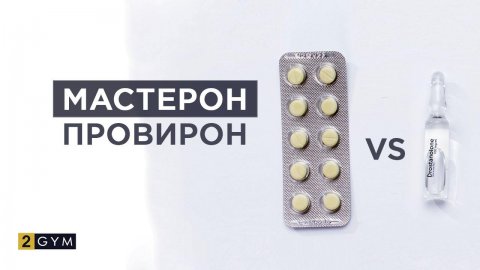
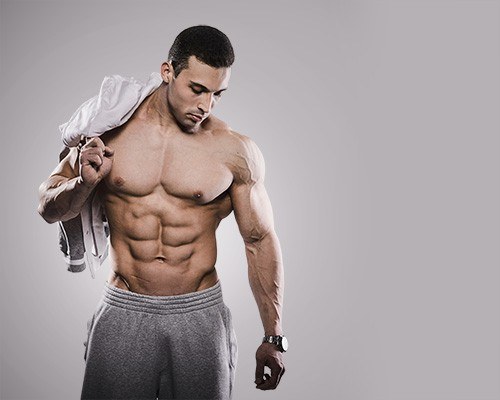








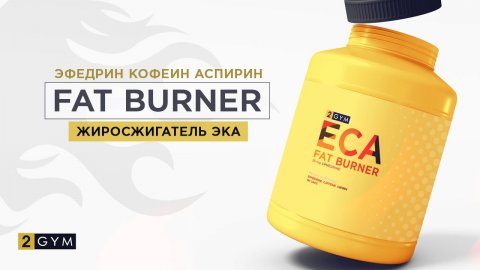
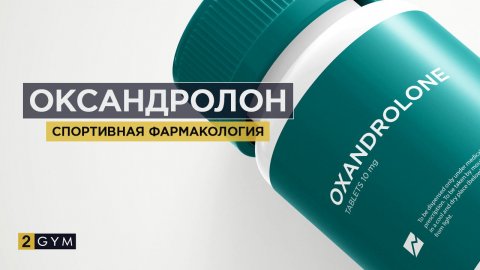
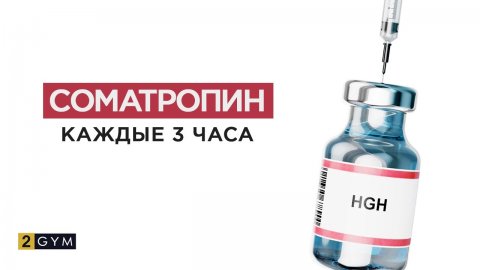
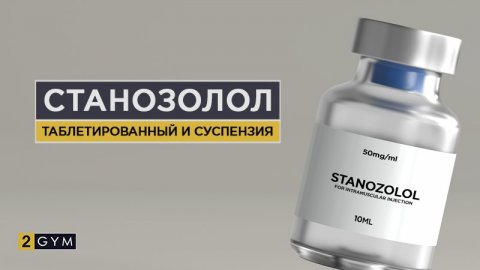
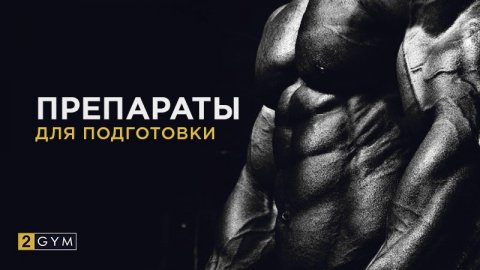
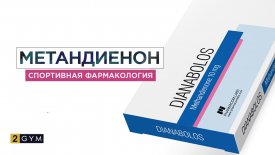
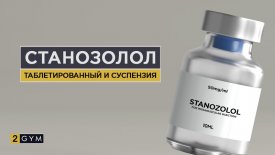
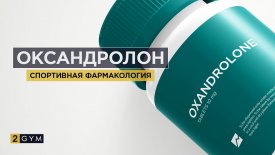
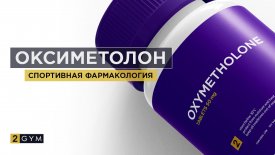
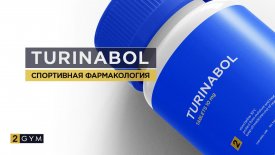
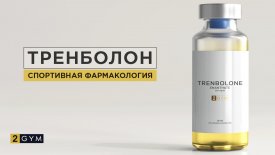
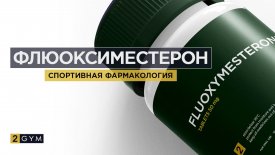
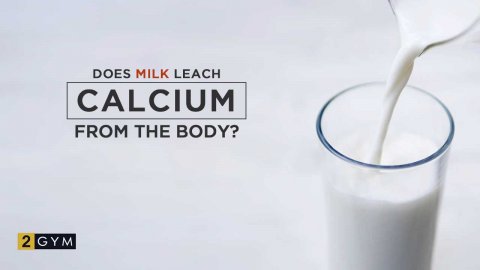
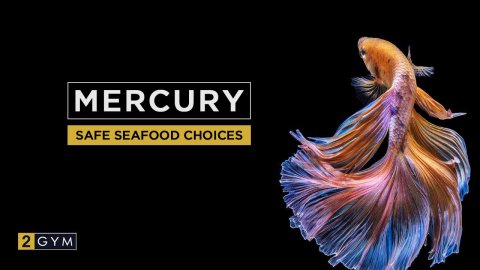
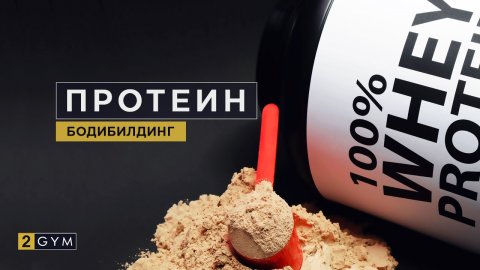
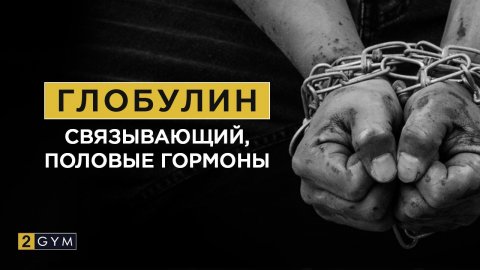
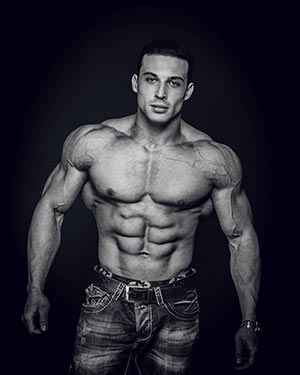
Log in with ( Sign Up ? )
or post as a guest